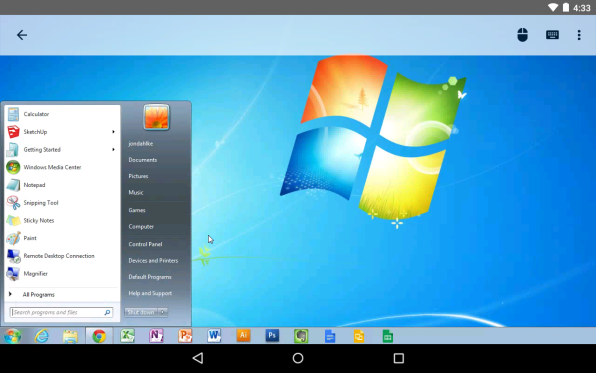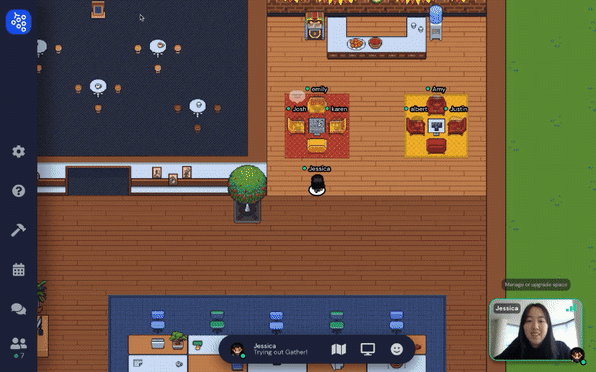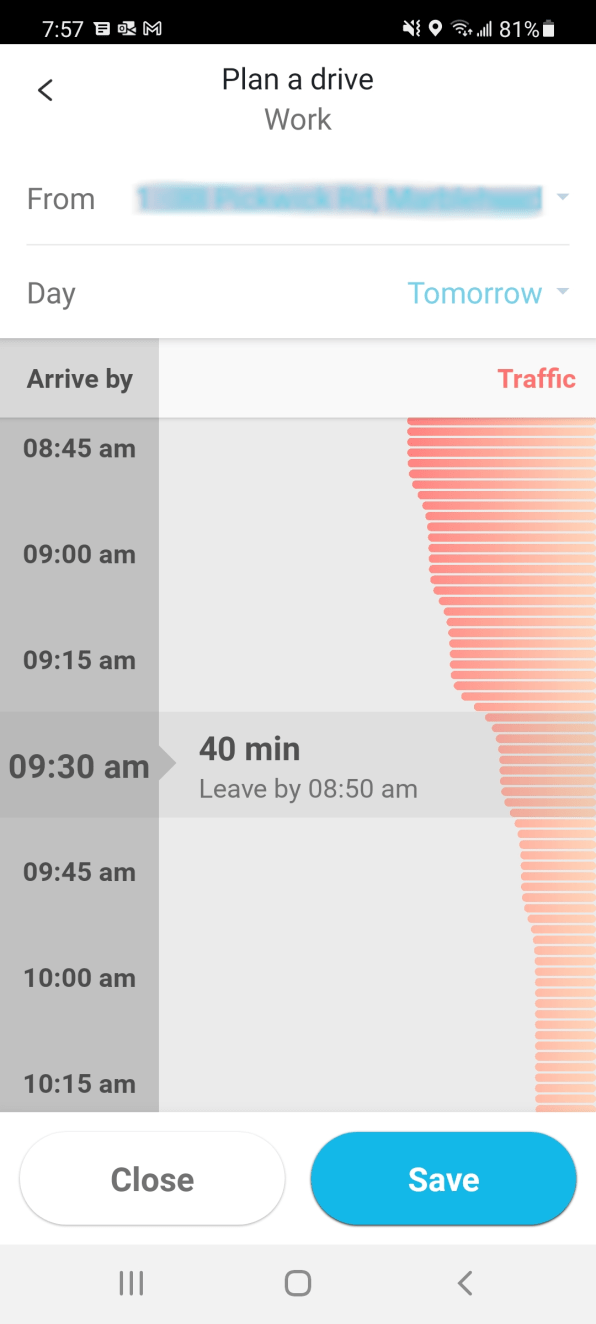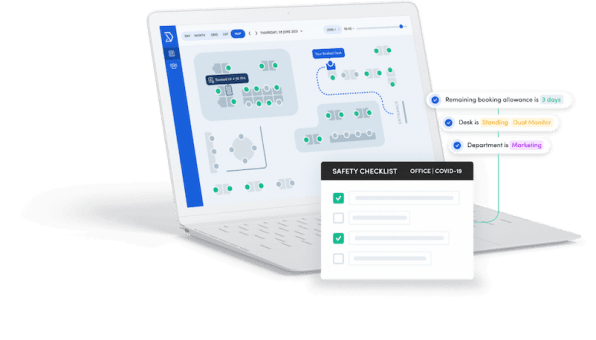What Messaging App Works With Samsung Gear 2
The benefits of remote work are real, and they're spectacular: better work-life balance, no commuting, no office-based distractions, and the ability to chip away at your professional to-do list anywhere you have a decent internet connection.
But the office still has its advantages: dedicated work spaces, face-to-face communication, on-site tech support, and the general buzz of corporate comradery.
So it should come as no surprise that workers seem intent on splitting their time between remote and office work, and employers may face a talent shortage if they don't abide.
If you suddenly find yourself in the enviable position of such a hybrid work arrangement, here are some tools you can leverage to make the transition from home to work (and back again) as seamless as possible.
Cloud backups
For the on-the-go worker, a cloud backup service is a no-brainer. Ideally, it's also something that your company provides.
Cloud backup services provide a secure way to store your data and access it anywhere. Even if you tote your laptop back and forth from the office, just saving everything to your computer leaves you open to potential risks such as natural disasters and theft—not to mention having to worry about physical storage space on your hard drive.
You've got great built-in options, whether you useWindows (OneDrive) or Mac (iCloud), and there are other strong options from the likes of Google and Dropbox.
If you need to pay out of pocket, the going rate seems to be around $10 a month for 2 TB of storage. That's a lot of space. Most services offer a much smaller tier for free, so be sure to try that out first—especially if you're just shuttling documents around. And read up on each service's synchronization features: most offer either a special folder or let you designate folders that automatically back up any files saved there.
Remote computer management
If you use more than one computer, it's inevitable: You'll need something from one machine while using another machine. Maybe you forgot to sync our files using one of the aforementioned backup services.
There are plenty of ways to access one computer from another—some good, some clunky, some free, some wildly expensive—but one of the easiest is Google's Chrome Remote Desktop. Oh, and it's free.

After a quick initial setup on any machine you'd want to control, you simply navigate to the Remote Desktop site from the Chrome web browser on whatever you've got in front of you—phone, tablet, Chromebook, regular computer—and in a few seconds, you'll be controlling your target machine as though you're sitting in front of it.
Virtual office
If you're looking for the spontaneous chats that happen in the office but everyone's not always in the office, check out Gather.

You can use it to create a video game-like replica of the real office, with everyone logging on in the morning regardless of their location. When the customizable on-screen characters get close enough, a video-chat window pops open on each end to begin a real-life conversation.
There are also tools for whiteboarding, document sharing, and presentations, so there's an actual work-based usefulness to it. The service is free for up to 25 users, with hourly, daily, and monthly plans available for up to 500 users.
Efficient commuting
For those times you have to actually get yourself to the office, popular mapping app Waze has a great feature called "Plan a drive" (instructions here) that lets you choose when you want to arrive at your destination, keeps an eye on traffic conditions for you, and then alerts you when it's time to leave.

You can schedule trips in advance, so if you know you need to be in the office tomorrow for a 9:30 meeting, you can set your trip the night before and even check average traffic congestion for various points in the day. It's great for when you know you need to be there but it doesn't really matter what time you get there. And if you're feeling really ambitious, you can connect your Google and Facebook calendars to get automated alerts based on upcoming events.
Desk-booking tools
If you're an employer making the shift to hybrid work, there's no need to offer everyone their own desks. But you should… you know… offer people desks. Enter desk-booking tools from the likes of Envoy, Skedda, iOffice, and others.

These tools let your employees book desks by the day or for longer-term assignments, surfacing real-time desk availability and straightforward reservation features to ensure everyone has a place to sit. They're also great for letting your people get a good idea of how full the office is before they decide to make the trip in (check out occupancy sensors as well).
After all, you'd rather have them be productive from home than wandering around looking for a non-existent empty desk after an unnecessary commute, right?
What Messaging App Works With Samsung Gear 2
Source: https://www.fastcompany.com/90659505/apps-for-hybrid-work
Posted by: battintanderies.blogspot.com

0 Response to "What Messaging App Works With Samsung Gear 2"
Post a Comment